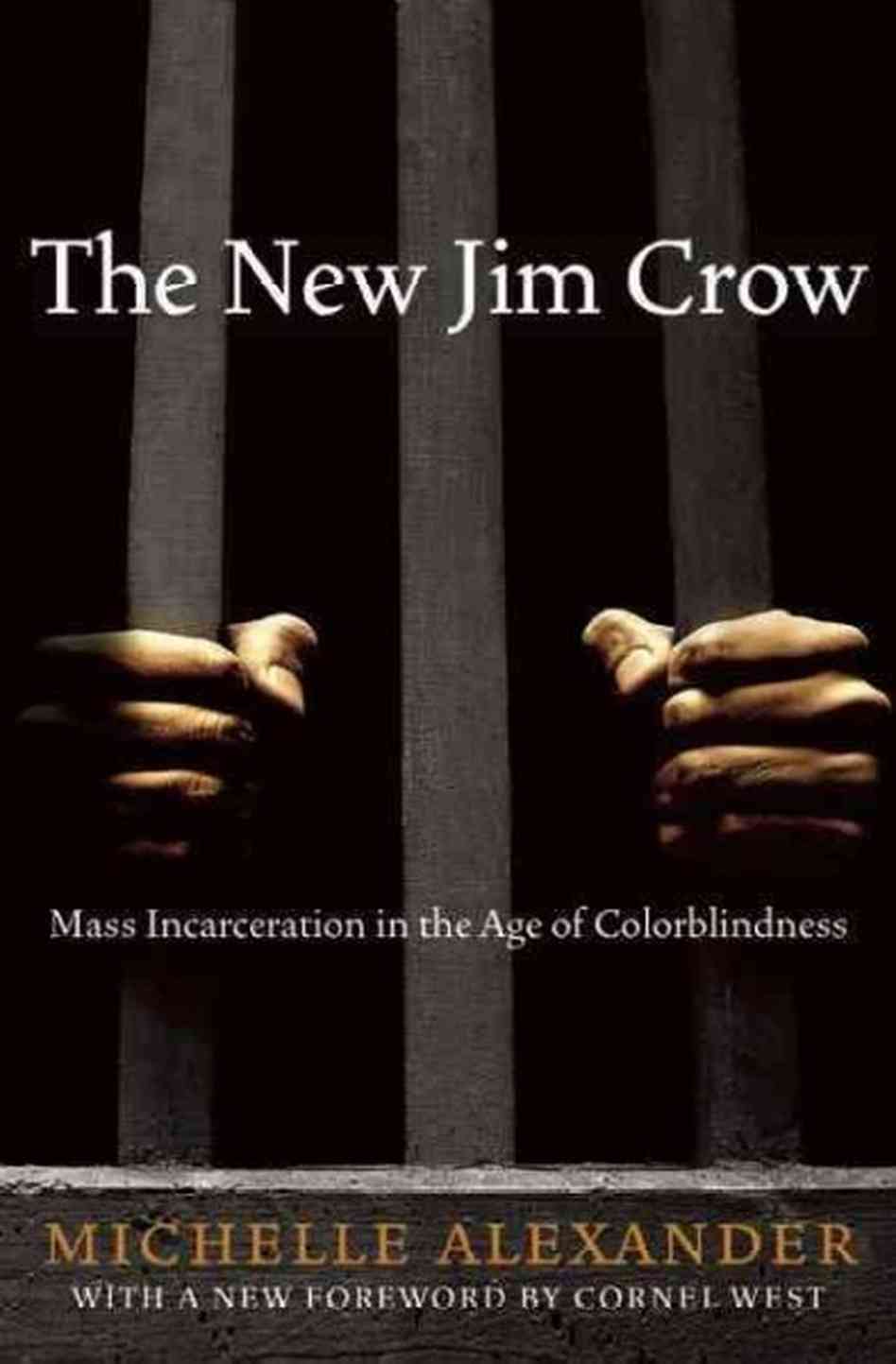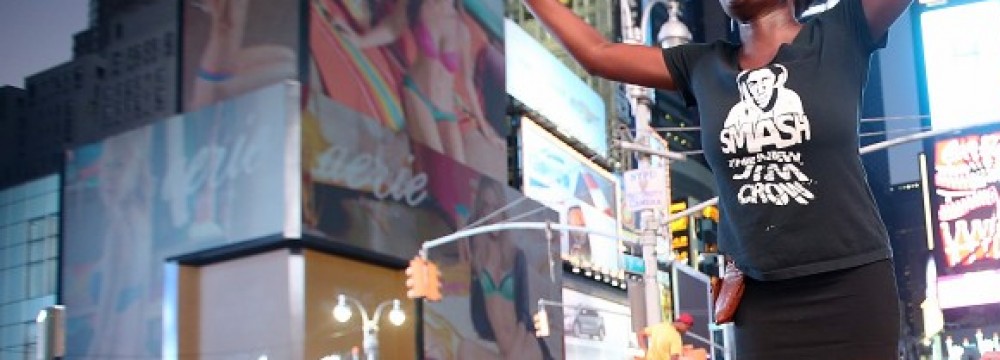 As Rethinking Schools began to explore the school-to-prison pipeline, we searched for a construct that would help us understand how the criminalization of youth fits into the larger social picture. At just that moment, we discovered The New Jim Crow: Mass Incarceration in the Age of Colorblindness by Michelle Alexander.
As Rethinking Schools began to explore the school-to-prison pipeline, we searched for a construct that would help us understand how the criminalization of youth fits into the larger social picture. At just that moment, we discovered The New Jim Crow: Mass Incarceration in the Age of Colorblindness by Michelle Alexander.
Alexander poses a thought-provoking and insightful thesis: Mass incarceration, justified and organized around the war on drugs, has become the new face of racial discrimination in the United States. Since 1970, the number of people behind bars in this country has increased 600 percent.
What is most striking about these numbers is the racial dimension. The United States imprisons a larger percentage of its black population than South Africa did at the height of apartheid. In Washington, DC, for example, it is estimated that 75 percent of young black men can expect to serve time in prison.
Equally disturbing is Alexander’s description of the lifelong civil and human rights implications of being arrested and serving time in prison, and the implications for what many call our “post-racial” society. As she explains in her introduction:
What has changed since the collapse of Jim Crow has less to do with the basic structure of our society than with the language we use to justify it. In the era of colorblindness, it is no longer socially permissible to use race, explicitly, as a justification for discrimination, exclusion, and social contempt. So we don’t. Rather than rely on race, we use our criminal justice system to label people of color “criminals” and then engage in all the practices we supposedly left behind. Today it is perfectly legal to discriminate against criminals in nearly all the ways that it was once legal to discriminate against African Americans. Once you’re labeled a felon, the old forms of discrimination—employment discrimination, housing discrimination, denial of the right to vote, denial of educational opportunity, denial of food stamps and other public benefits, and exclusion from jury service—are suddenly legal. As a criminal you have scarcely more rights, and arguably less respect, than a black man living in Alabama at the height of Jim Crow. We have not ended racial caste in America; we have merely redesigned it.
The full interview can viewed by clicking:
http://www.rethinkingschools.org//cmshandler.asp?archive/26_02/26_02_sokolower.shtml


